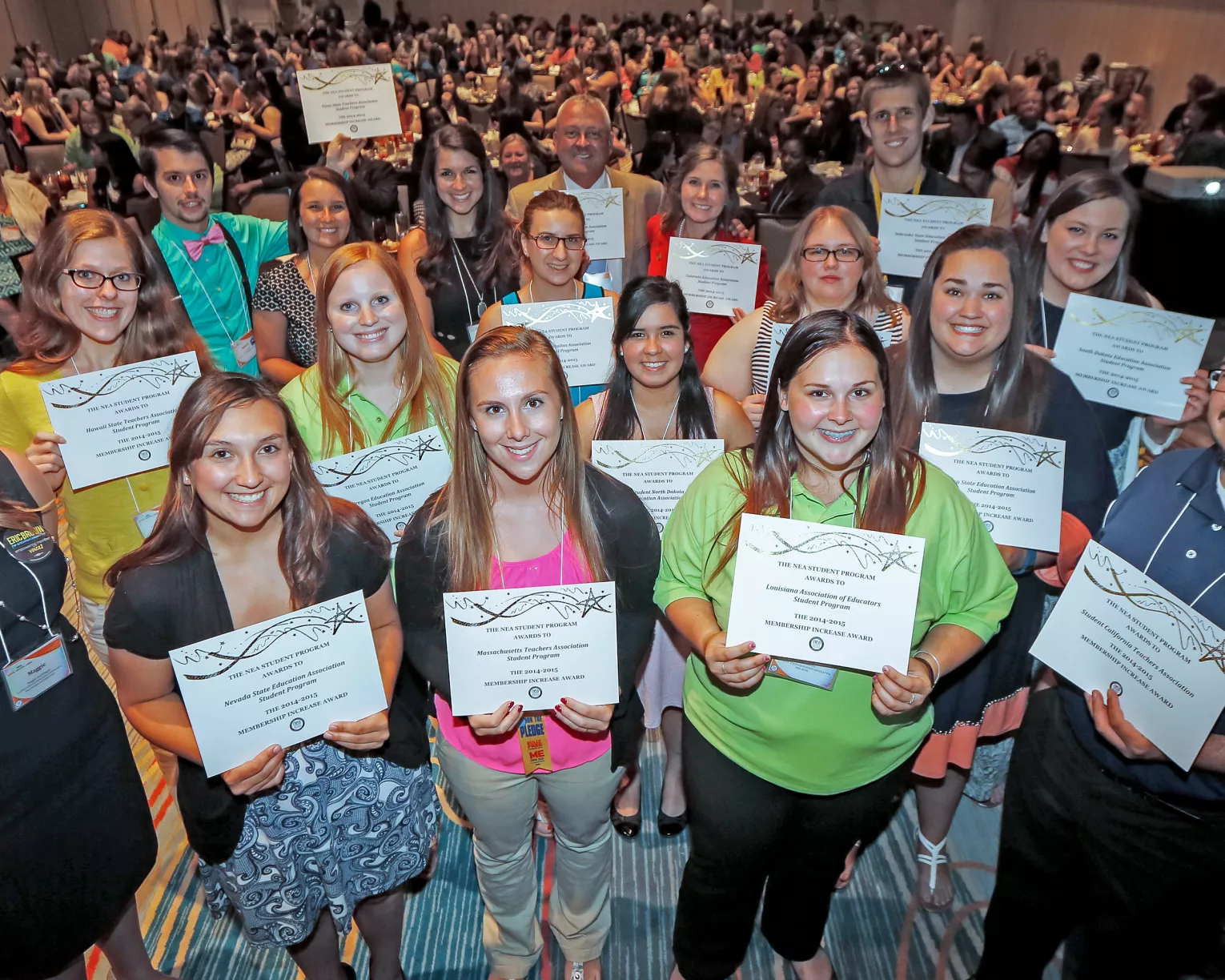Every educator preparation program (EPP) likely has a checklist of activities all student teachers (teacher candidates) need to do as part of their clinical practice/student teaching. That list can be viewed as just a bunch of hoops you have to do… Or it could be an invaluable list of learning experiences that will truly help you become a better teacher for each of your students and a key to leadership development to advance your professional career for years to come.
Below is a list that may overlap some of the requirements from your EPP. But everything on this list can be a valuable learning experience. A great teacher is a life-long learner, curious and committed to continuous improvement.
Each activity below has also been recommended through surveys and interviews with current student teachers, early career educators, cooperating teachers, EPP faculty, school district hiring personnel, and experts who track who gets hired and how well they succeed in their career. Maybe best of all, these can be fun activities to do.
-
Attend faculty meetings–visit with your cooperating teacher about the content of the meeting.
-
Attend ‘Back to School Night’ or ‘Meet the Teacher Night’. This event usually only happens in the Fall during the first few weeks of school.
-
Attend parent-teacher or parent-teacher-student conferences. These are usually school-wide events for all parents at least once per every major grading period. Individual conferences can happen any time, though. Make sure to attend these, too.
-
Attend and participate in Professional Learning Community (PLC) meetings, department meetings, grade level meetings, etc. In these meetings, teams discuss data, reflect on teaching strategies, and develop individualized supports for students. Gaining experience in having these data conversations will be invaluable as you begin to interview for jobs… and when reflecting on your own students’ needs in coming years!
-
Maintain professionalism–It’s only appropriate to have conversations about students and their work in settings where you are working with fellow educators to develop strategies to enhance student success. This may include individual educational plan (IEP) meetings with parents or PLCs with colleagues. Conversations about students or their work are never appropriate outside of a professional context – not even with other teachers having informal conversation in the lounge.
-
Visit with a school psychologist and with a counselor to learn about social, emotional, and mental health resources and supports available to students, including needs assessment. They can also suggest supports for you as an educator.
-
Visit with the library media specialist and technology integration support staff in your school or district to learn about how they support student learning and their support for teachers in planning and implementing engaging learning experiences.
-
Interview staff that lead restorative practices implementation. These culturally responsive strategies support students’ social and emotional development, and the lead staff person can assist colleagues in making restorative practices part of each classroom’s culture and norms.
-
Attend meetings of the local teacher union. Hopefully, you can do this with a cooperating teacher who is an active member. If not, find a member in your building who can help with this. You can also use your AE chapter to help you find an NEA contact in your building if you are unsure who is an NEA member.
-
Attend a school board meeting. Your cooperating teacher or another NEA contact may be able to help you identify a meeting with interesting topics, and it would be great if you can attend with a current NEA member who can help explain what is going on throughout the meeting.
-
Attend various after school events – school socials, plays, sporting events, music performances, career fairs, book fairs, etc. These will vary by the type of school to which you are assigned to student-teach. But even if you are at an elementary school, there is often a strong sense of community so that all community members and parents may attend high school sporting events, plays, etc. Consider some of these school activities regardless of your grade level assignment (ask your cooperating teacher about getting a district activity pass so you may attend events free, if possible.)
-
Attend a PTA meeting. Attend with your cooperating teacher or another NEA member who can “mentor” you through the experience.
-
As you learn about your students, consider attending their events, both school activities and extra-curricular activities. Deepen your appreciation for each student as a person. Convey that you care for your students, their parents, and communities, seeing each as a person of worth.
-
Shop in the community where you teach. Learn about unique community assets – shops, restaurants, etc. Some preparation programs have designed experiences including living in the community during the summer prior to student teaching so you can become fully immersed in community life.
-
Does your school participate in the Parent-Teacher Home Visit program? NEA is a longtime supporter of both this program and the strategy of voluntary home visits to build teacher-parent-student partnerships. Join in, if possible.
This list provides examples, but it is not exhaustive. Think creatively with your cooperating teacher, your EPP advisor, and your Aspiring Educators chapter advisor about opportunities to enhance your knowledge and skills. Be on the lookout for ways to grow your understanding of your school, community, individual student needs, and build an impressive résumé for future employment searches.
Are you an affiliate?


